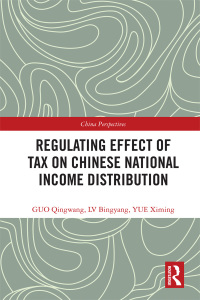Question
1) joint ventures a) have unlimited liability b)owe fiduciary obligations to one another c)have contractual obligations d)cannot transfer their interest in the project until it
1) joint ventures
a) have unlimited liability
b)owe fiduciary obligations to one another
c)have contractual obligations
d)cannot transfer their interest in the project until it is complete
2) A partnership ends if:
a)it doesn't make a profit
b)it no longer meets the definition of a partnership
c)it has too many partners
d)a partner dies
3) A partnership may be held to exist because of implication. This means:
a)the court thinks the partnership agreement is flawed
b)the court will conclude a partnership exists based on how the parties acted towards each other
c)the court can't work out the intention of the parties
d)the court disagrees with what the partners decided
4) The courts have decided that a business is NOT being carried on if:
a)the parties are not willing to spend the money required on the business
b)the parties spend money on preliminaries
c)the parties only plan one event
d)it is too premature
5)Franchise arrangements are regulated:
a)under regulations to deal with competition and consumer issues
b)under business protection legislation
c)under the Corporations Act 2001 (Cth)
d) under contract law legislation
6)Bett wants to open a business in West Ballarat under the established brand name of Harmony Hardware.Bett will pay to use the name and logo for the business and will get discounts on bulk purchases of supplies organised through the Harmony Hardware network.This is an example of a :
a)partnership
b)joint venture
c)trust
d)franchise
7)which of the following statements is correct
a) a company must have a regustered office in Australia
b)all companies require a detailed constituition
c)companies must be registered with CAMAC
d) there are no restrictions on the choice of a company name
8)which of the following statements is correct?
a)a public company can have a single director
b)a proprietary company can raise funds from the public
c)a proprietary company can have a single director
d)a public company must be listed on the ASX
9) which of the following is NOT currently considered to be a main source of rules that regulate companies?
a)case law
b)the uniform companies Acts
c) Corporations Act 2001 (Cth)
d)Australian Securities and Investments Commissions Act 2001 (Cth)
10)which of the following provisions of the Corpoarations Act, if breached, has the effect of lifting the corporate veil?
a)Section 588G
b)Section 119
c)Section 57A
d)Section 124
Please i need the answers of those mcq's correctly and i will vote you positively.
Step by Step Solution
There are 3 Steps involved in it
Step: 1

Get Instant Access to Expert-Tailored Solutions
See step-by-step solutions with expert insights and AI powered tools for academic success
Step: 2

Step: 3

Ace Your Homework with AI
Get the answers you need in no time with our AI-driven, step-by-step assistance
Get Started


